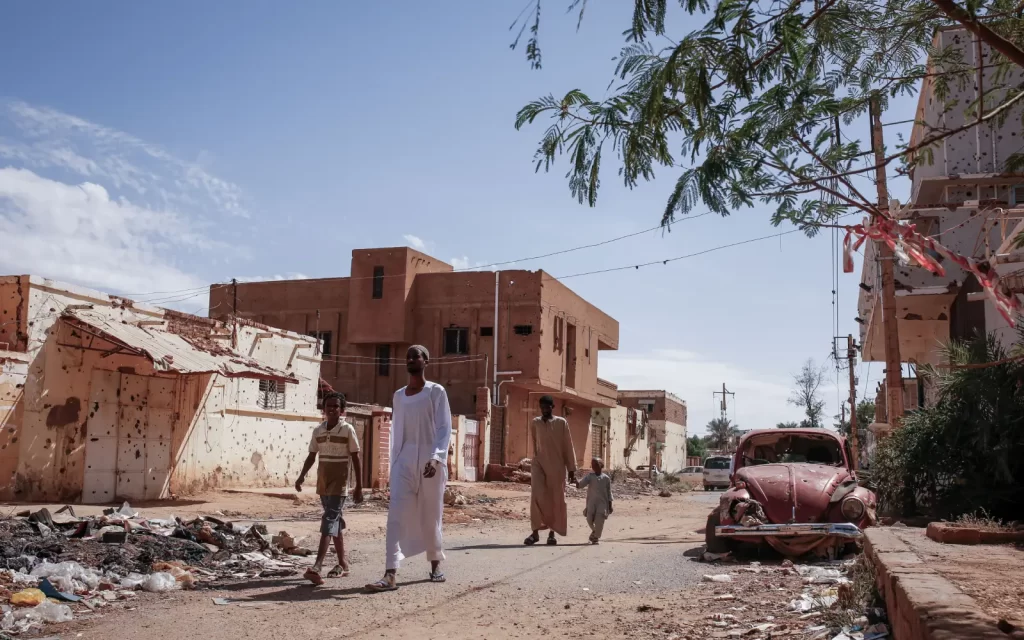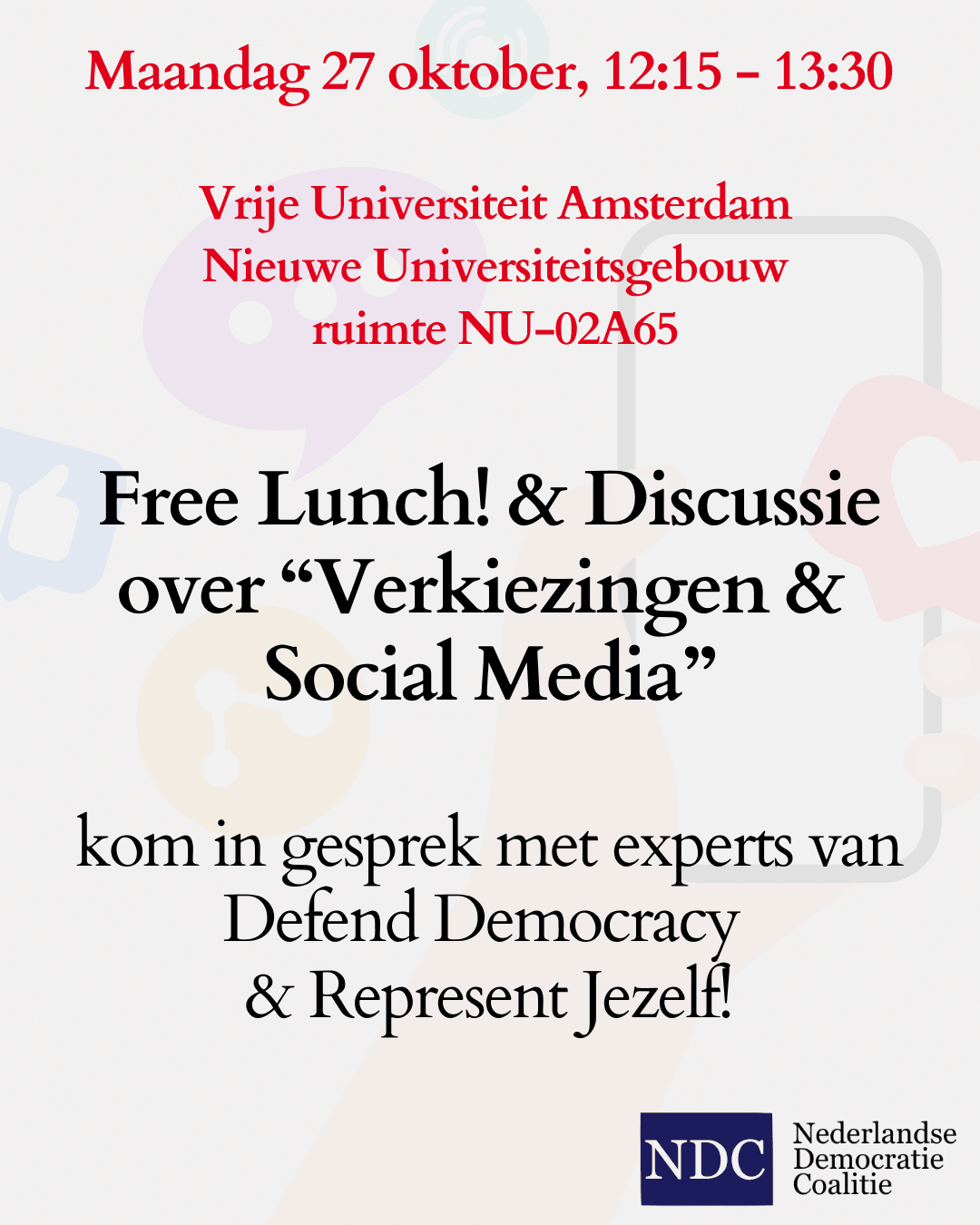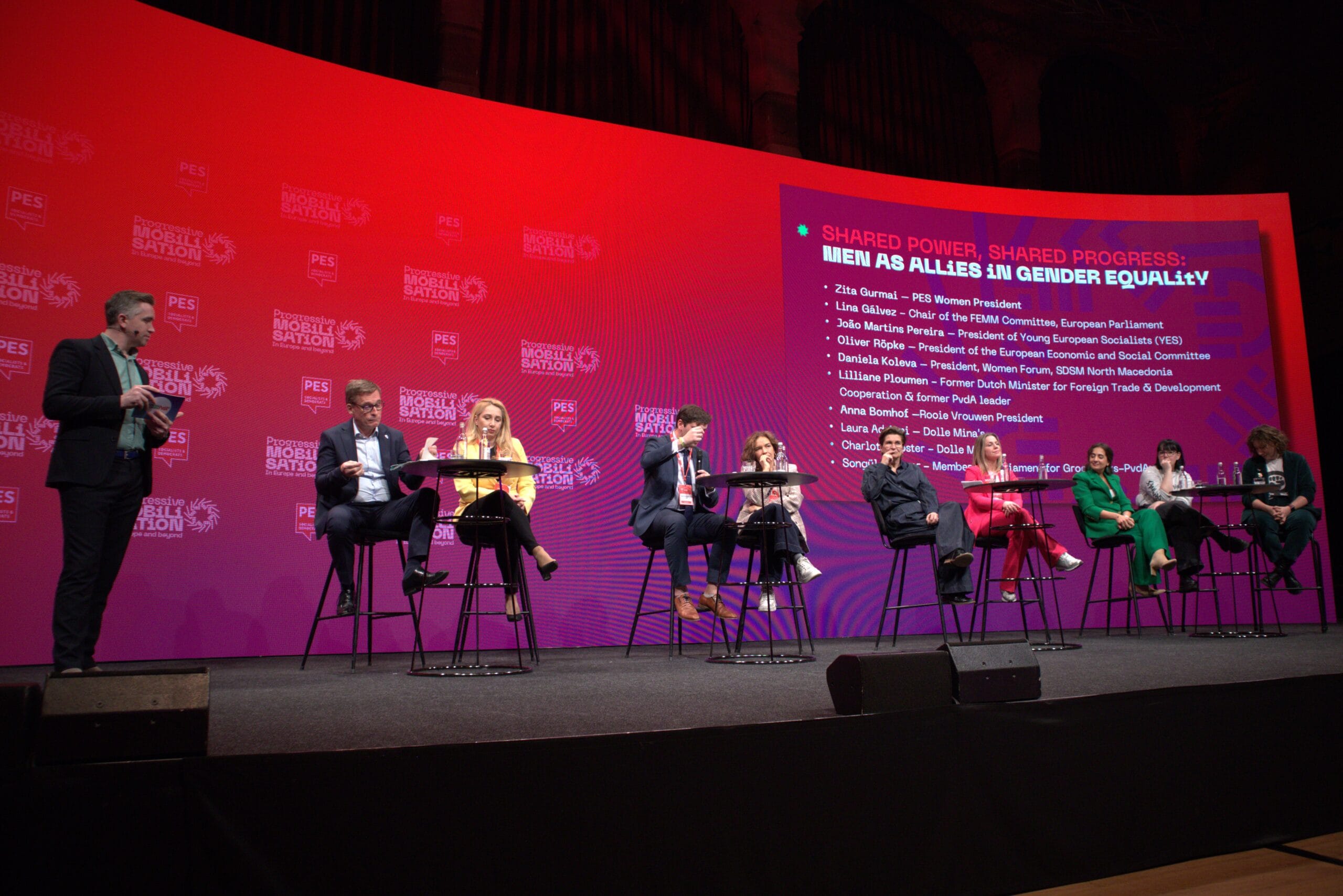Photo: Residents walk through a destroyed street in Omdurman, Sudan -. Free Malaysia Today
Last week, the Sudanese army (SAF) announced that it had taken the town of Wad Madani. This town, located in Gezira province, is a strategic hub and an important agricultural hub some 200 kilometres south of the capital Khartoum. The recapture is part of a wider offensive by SAF and affiliated groups, which has pushed back the Rapid Support Forces (RSF) on several fronts.
The RSF, led by General Mohamad Dagalo - better known as Hemedti - managed to bring large parts of the country under control with a lightning offensive in 2023. Now, however, the tide seems to be turning. Just like when Wad Madani fell to the RSF in 2023, the army's recapture of the city is seen as potentially decisive for the eventual outcome of the war.
Falling dominoes
Earlier this week, the first images of celebrating civilians on the streets of Wad Madani. RSF fighters had already almost completely retreated northwards and the town and surrounding villages were taken almost without a fight. The town is considered a very strategic base from which other parts of the country can be easily reached. Government forces are expected to use Wad Madani as a springboard towards Khartoum and Omdurman, the country's two largest cities, where the army has also been steadily gaining ground recently.
Yet the question remains whether the fall of Wad Madani marks a tipping point in the war. The RSF, which for years enjoyed military and financial support from the United Arab Emirates (UAE), had long held the initiative. While acknowledging that Wad Madani's fall is a setback, Hemedti vows that a counterattack will soon be launched. Despite this, momentum seems to be shifting. The strengthening of the government army with new recruits and improved training facilities seems to play a key role in this.
War crimes on both sides
The RSF is a paramilitary group stemming from the Janjaweed, a mainly Arabic-speaking group that played a key role in the war in Darfur that began in 2003. They fought there alongside former dictator Omar al-Bashir's forces against African militias in a war known for terrible crimes against civilians.
Even in the current conflict, where the RSF is precisely opposite the national army, the group is committing crimes against humanity and carrying out ethnic cleansing. It is a deliberate tactic to intimidate and keep the country's African populations in particular under its thumb.
Not surprisingly, RSF's departure has been met with cheers in many areas. Yet RSF departure does not mean that the civilian population is safe. The government army is also consistently guilty of crimes against its own civilians. Just last December, at least 100 people were killed in an SAF bombing of a busy market in the RSF-owned town of Kabkabiya. Even after the 2018 revolution, the army, led by al-Burhan, excessive force against civilians in which many were killed. Shortly after the fall of Wad Madani, it was reported that dozens of civilians were also killed there by army units.
A country on the precipice
It is not just bullets and bombs that pose a danger to the civilian population; since the outbreak of war, much of the country has been facing acute famine. As many as half of Sudan's population, around 24 million people, is on the brink of collapse, without food and medical aid. On top of that, more than 30% of the population is fleeing, making them even more vulnerable.
Aid convoys trying to reach the country are often stopped at the border because it is too dangerous to enter many areas. When they do move deeper into the country, they often risk being ambushed by fighters from both sides.
A silent war
Although the situation in Sudan is described as 'the biggest humanitarian crisis ever', it gets relatively little coverage in Western news media. Many governments have condemned the violence and called for a diplomatic solution to the conflict. The UN and the EU have also long imposed an arms embargo on Sudan and targeted sanctions against companies that are certain to contribute to war violence in the country.
Yet the UAE are the largest trading partner of the EU in the Middle East. While there is much bravado criticising one dictatorial regime committing human rights violations, another is strategically left alone. It has been clear for years that the UAE has been interfering in brutal wars such as Yemen and Sudan in very problematic ways. This is precisely why it is notable that many European countries have in recent years been condemning the rules on arms exports to countries such as Turkey, Saudi Arabia and the UAE, have relaxed.
If the EU really cares that much about protecting human rights, it should call its member states to order. European weapons continue to find their way into Sudan and many other battlefields in abundance. Europe's credibility as a reliable partner in Africa has been declining for years. Many countries have turned away from their former allies and are finding benevolent new partners in Russia and China in particular. So not only is it morally right to help and protect civilians in Sudan, the EU would also serve its own strategic interest by reaching out to African countries and establishing fair and equal partnerships with them.




